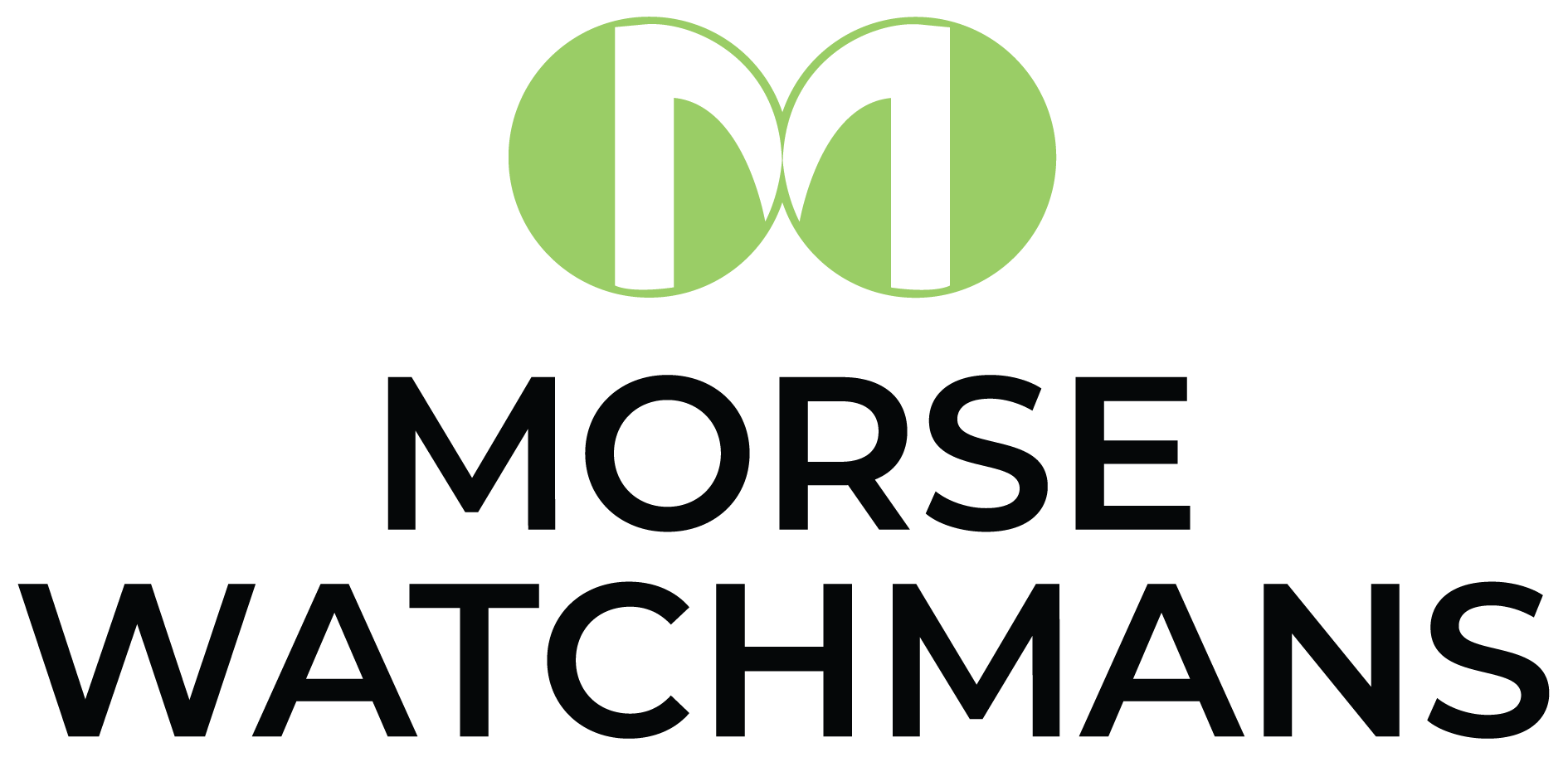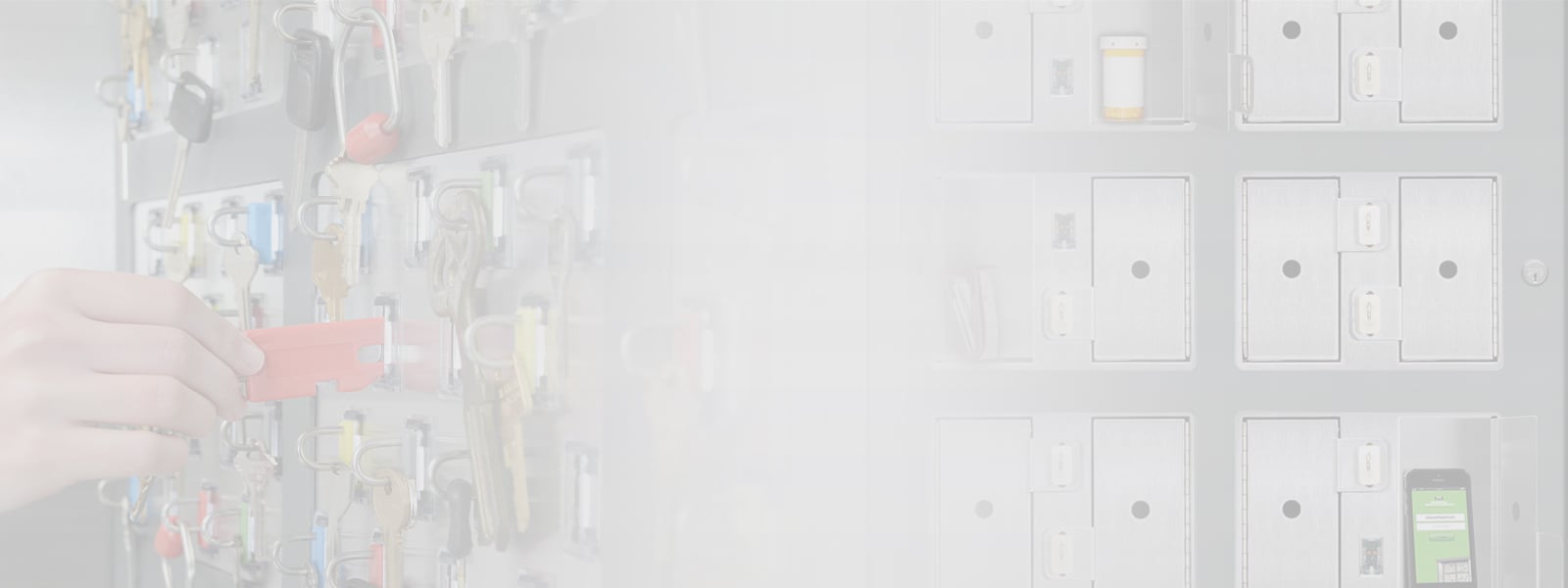Administering the safety aspects of a large retail environment requires an expanded knowledge of security practices in order to make good decisions regarding the protection of the facility and its employees and visitors. Cash, goods, business information/data, personal items and even identities are prime targets for theft in a retail environment and these vulnerabilities can be heightened due to lost or missing keys and other security irregularities. As a result, key control with automated tracking is high on the list as a state of the art security practice.
Automated key control and management systems offer an increased level of security for retail environments by preventing unauthorized key access and reducing the incidence of lost or misplaced keys. As well, the streamlined procedure for accessing keys offers several advantages to users and management. For example, contractors, consultants and others who have been registered in the system with fingerprint identification no longer must sign in and wait for a key to be issued. They simply place their finger on the key cabinet scanner to open the cabinet and access a key. Emergencies that occur during off hours can be more readily acted upon because contractors can access keys without having to wait for property management to arrive on scene.
Additional conveniences of advanced key control systems include messaging and reporting. Notes can be written and stored regarding a key, such as “leave lights on when exiting room” and whenever that particular key is accessed, the note will pop up on the screen.
Whether we go to the mall to shop, go to a movie or have a meal, key management systems are helping to keep the environment safe.



